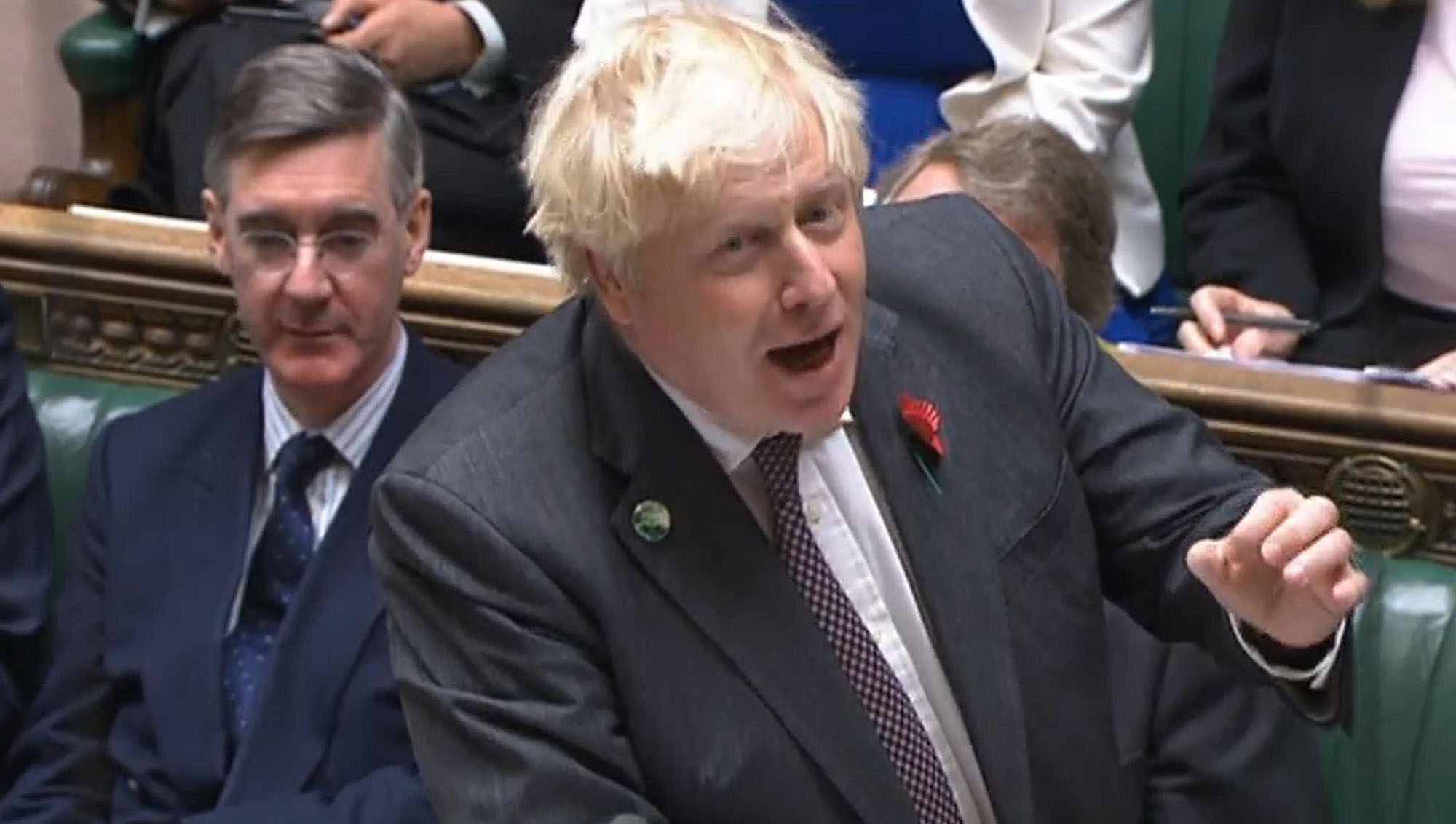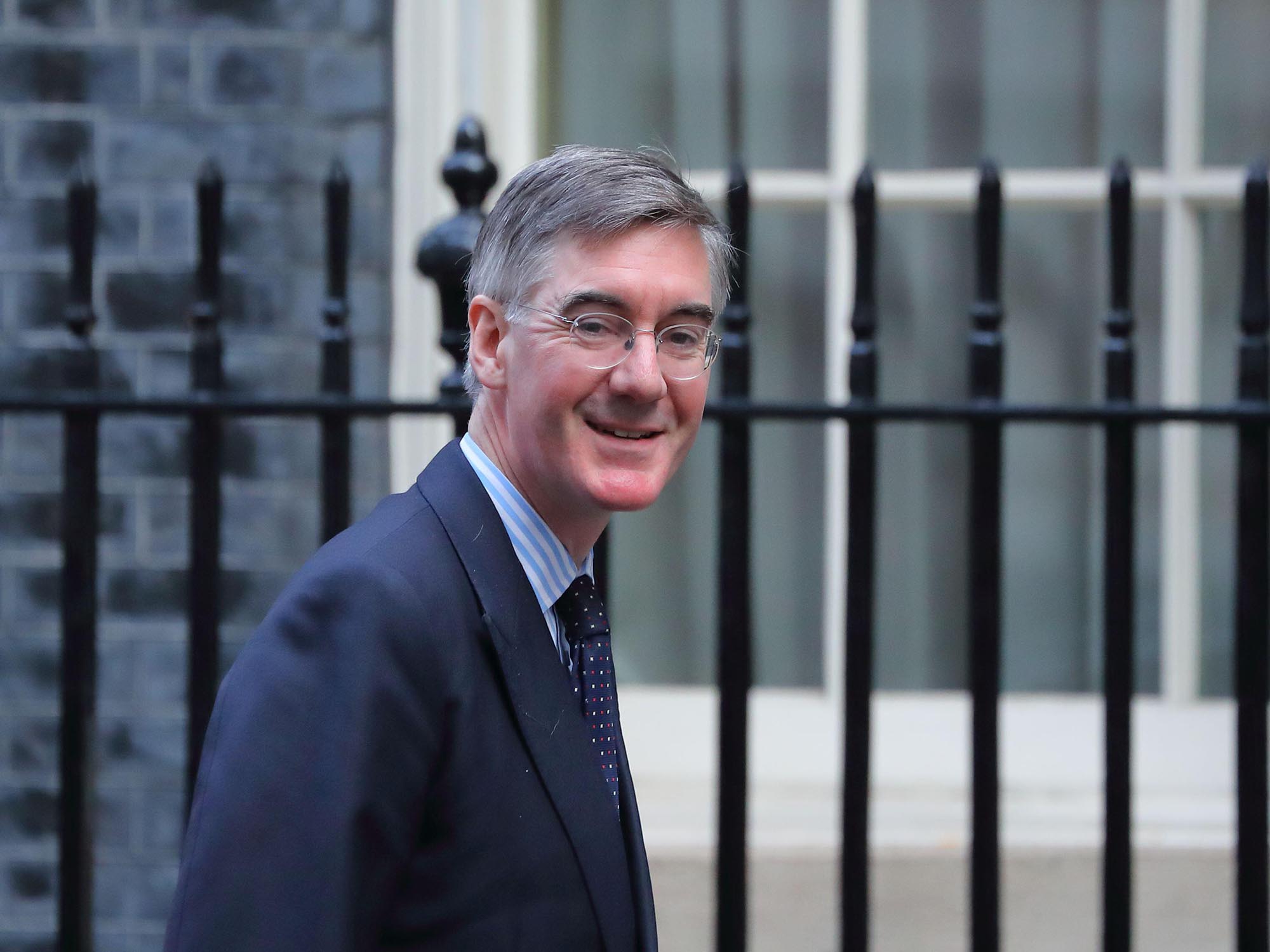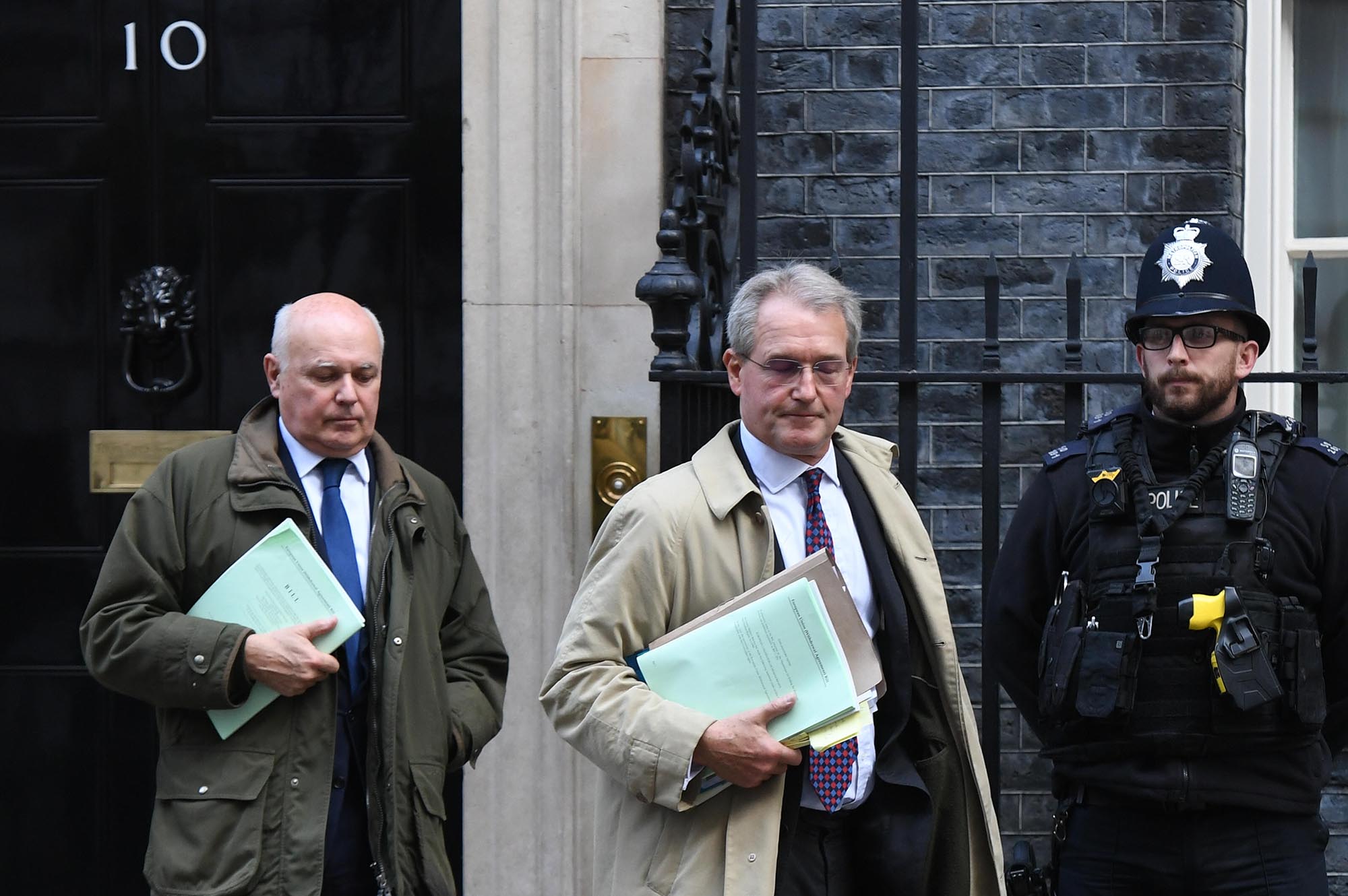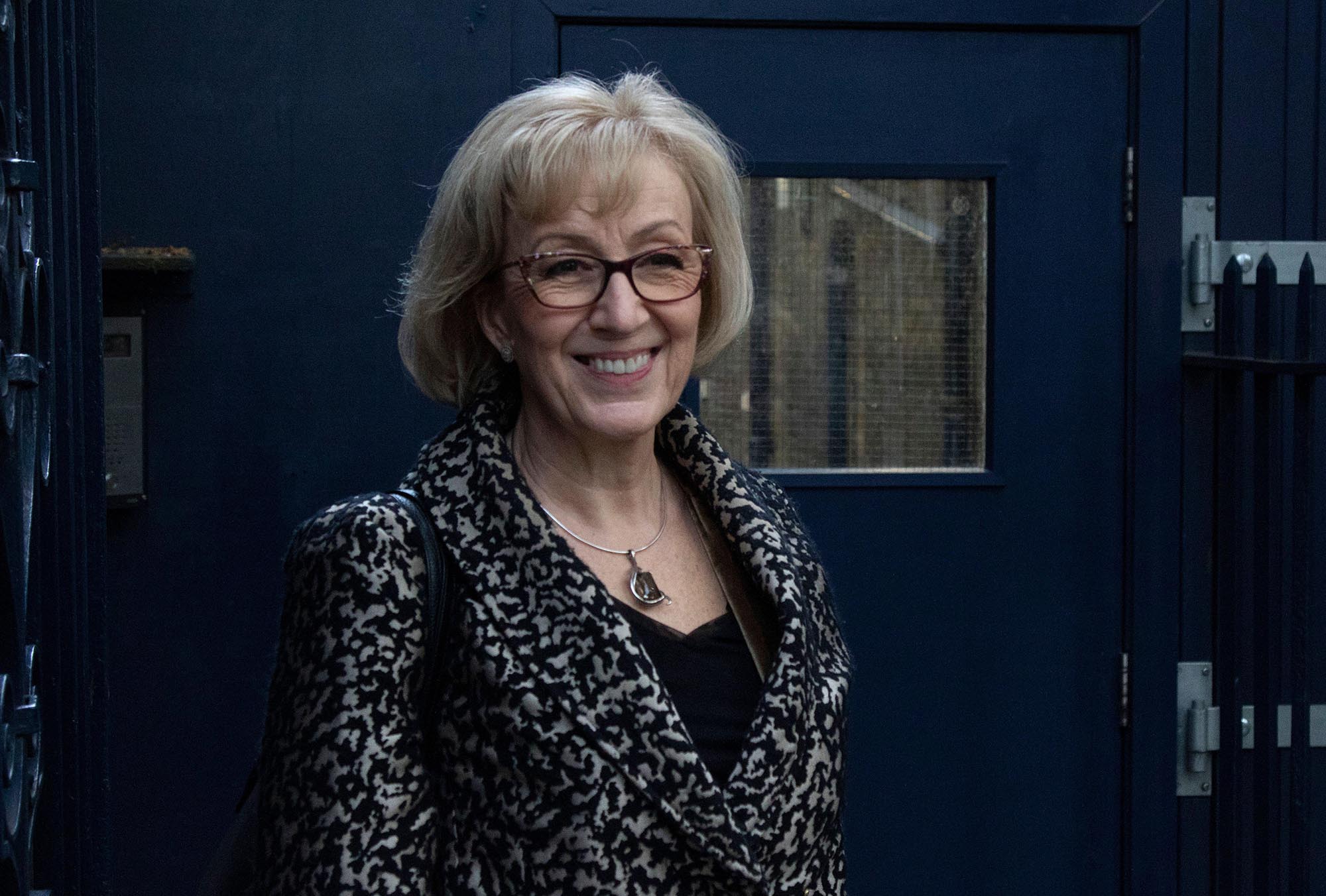What Will Happen To Commons Misconduct System After Government U-Turn On Reforms?
Boris Johnson has U-turned on plans to rip up the existing standards procedure after a fierce backlash (Alamy)
7 min read
It's been a tumultuous 24hours in Downing Street, culminating in the resignation of an MP, and new plans to bring forward a motion to undo a vote that would have up-ended the parliamentary standards system in an effort to exonerate him from accusations of breaking lobbying rules.
After Jacob Rees-Mogg announced the government was backing away from the decision to create a new appeals panel for members found to breached the code of conduct, Number 10 confirmed a motion would be brought forward to undo yesterday’s vote to overhaul current rules after a furious backlash.
The Prime Minister’s official spokesperson said the government hopes to do so “as soon as possible" but did not yet have an exact date and more details would be set out by Mogg, the Commons Leader.
It means after facing a barrage of criticism and accusations of sleaze and corruption, forcing through a vote in Parliament that angered many Tory MPs, and sending out minsters to defend the decision, the government is back to square one on reforming misconduct procedure.
Owen Paterson decided to resign as an MP rather than face the prospect of being suspended from the Commons for 30 days and a potential by-election.
How did we get here?
The issue was triggered by an investigation by the Parliamentary Commissioner for Standards, Kathryn Stone, into Paterson after media reports in 2019 alleged the longstanding MP for North Shropshire had lobbied on behalf of two companies – Randox and Lynn's Country Foods – for which he was a paid consultant.
She found he “breached the rule prohibiting paid advocacy” in his approaches to the Food Standards Agency and ministers, failed to declare his interest as a paid consultant, and broke the code of conduct by using his parliamentary office on multiple occasions for business meetings with his clients.
Stone’s report was passed to the cross-party standards committee, who said the inquiry showed Paterson’s actions were “an egregious case of paid advocacy” and his conduct “brought the House into disrepute”.
They recommended Paterson be suspended for 30 sitting days, as “no previous case of paid advocacy has seen so many breaches or such a clear pattern of behaviour in failing to separate private and public interests”.

Tory backlash
Paterson strenuously denied all the charges against him, arguing there was an exemption in the lobbying rules which permit an MP to approach a ministers or public officials with evidence of a “serious wrong or substantial injustice”, which is what all of his contact fell under.
He also made a number of arguments and allegations about the process he was subjected to, and criticised Stone for not interviewing 17 witnessed he said would have exonerated him.
His wife Rose took her own life in June 2020, and Paterson said the ongoing investigation by the anti-sleaze watchdog was partly responsible for her death, as she felt he would be found guilty by “some spurious reason”, telling him “we’ll end our days in humiliation and disgrace”.
Ahead of a motion to approve his suspension this week, which would be long enough to have triggered a recall petition in his constituency, allies of Paterson in the Conservative party suggested they would try and vote it down.
Leadsom amendment
Tory MPs, many of whom had previously faced sanction, then hatched a plan to pause the process and introduce a new appeals system, by tabling an amendment to set up a nine-strong panel of MPs containing a majority of Conservatives and headed by Johnson Whittingdale, an ex-ministerial colleague of Paterson.
The government then decided to back the proposals ahead of Wednesday’s vote, despite accusations they were interfering in the process of ruling on MPs conduct and adopting a “one rule for everybody else and another rule for them” mentality.
But Boris Johnson told the Commons the changes were to ensure Paterson had a "fair opportunity to make representations" and a "proper appeal”, with Tory MPs then whipped to back the amendment tabled by senior backbencher Andrea Leadsom.
It passed by 250 votes to 232, with 13 Conservatives rebelling and dozens more abstaining as cries of "shame" were heard in the chamber, with anger within the party about being forced to back the plans.
Overnight the criticism increased, not helped by Paterson’s triumphant interviews to broadcasters saying he had been vindicated, adding that on his lobbying he “wouldn't hesitate to do it again tomorrow, absolutely no question”.
But with Labour and the SNP confirming they would not be taking part on the Whittingdale-led panel, the government were left without cross-party consensus, a key element of deciding on standards procedures throughout the years.

Time to U-turn
At 10.30am on Thursday, less than 24 hours after the vote to upend the current system, the government announced it was backing away from the Leadsom amendment, with the Commons leader Jacob Rees-Mogg saying they will now go back to the drawing board.
"The House voted very clearly yesterday to show that it is worried about the process of handling these complaints and that we would like an appeals system, but the change would need to be on a cross-party basis and that is clearly not the case," he told the chamber.
"While there is a very strong feeling on both sides of the House that there is a need for an appeals process, there is equally a strong feeling that this should not be based on a single case or apply retrospectively.”
He admitted it had been a mistake to conflate Paterson’s individual case with wider standards reform, saying “this link needs to be broken”.

Paterson pulls the plug
Number 10 then confirmed a new motion will be brought forward to undo yesterday’s vote “as soon as possible”, which would also have allowed for a decision to approve Paterson’s suspension.
It is understood Tory MPs will not be whipped in the fresh vote, which could take place as soon as early next week, so if enough had supported him they could have blocked the suspension.
But after it appeared highly likely he would be barred from the house for 30 days, Paterson took the decision this afternoon to stand down from Parliament.
In a statement he maintained he was “totally innocent”, but after an “intolerable” few days he agreed to his children’s request “to leave politics altogether”.
He added: “I will remain a public servant but outside the cruel world of politics.”
The suspension may have led to a by-election in Paterson’s North Shropshire seat, but his decision means one will now definitely take place.
He first won it in 1997 by a margin of 2,195 votes, but has held it six more times since then and now has a majority of almost 23,000, making it an extremely safe Tory seat.

What now for the government?
The decision to reverse the changes is an embarrassing one, and comes after criticism from across the political spectrum and the media, with the usually supportive Daily Mail headlining today’s paper: “Shameless MPs sink back into sleaze.”
Asked why Boris Johnson was U-turning less than 24 hours on from passing the Leadsom amendment, his spokesperson said the "strength of feeling" from MPs had been made clear.
"It was important to address the appeals process as soon as possible,” they added.
"We are looking again at this and will bring forward more detailed proposals following the cross-party discussions.”
Having gone to some length to try and protect Paterson from suspension they appeared to be more than willing to let him be sanctioned once the scale of anger was apparent.
Talks will now start on reforming the standards system – but there is no guarantee of success given the level of anger among opposition parties for the way.
Once the motion is passed – which may take place on Tuesday – all future cases will continue to run under the existing system, which will see Stone investigate, then pass her reports to the standards committee to adjudicate and recommend a sanction against an MP if required.
There remains a number of Conservatives who are unhappy with the existing process, and with Stone herself, so the pressure to reform the standards system will remain, but after getting their fingers so badly burnt Downing Street is likely to take a more constructive approach in future instead of relying on its majority to force changes through.
